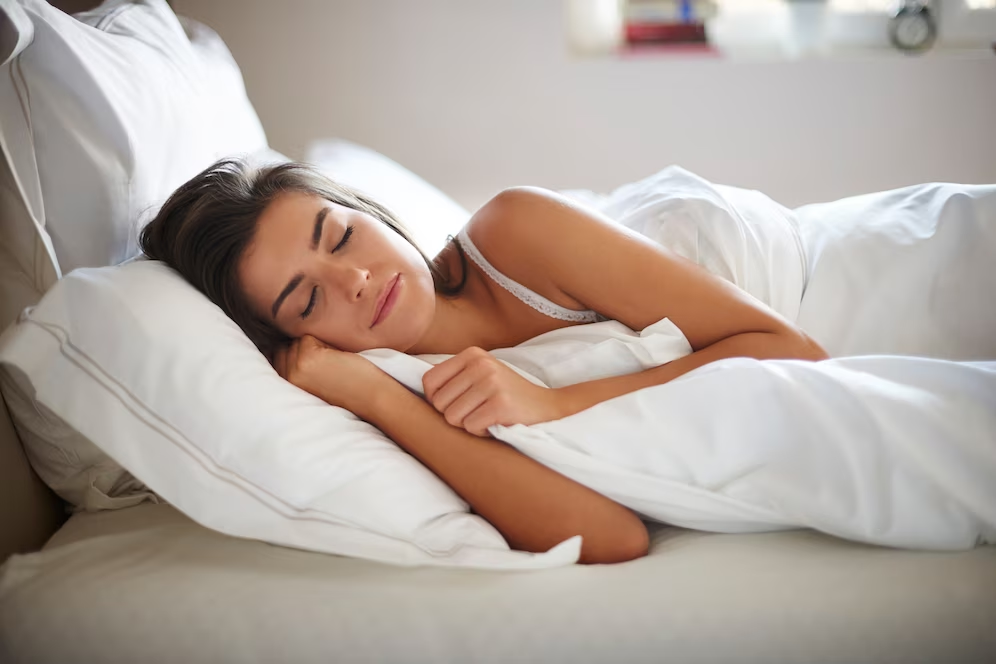It is quite common to feel sleepy in the afternoon, especially after eating. Health experts say, after lunch, the blood flow in your digestive system increases due to which the blood supply to the brain can be relatively less, which can lead to sleepiness and fatigue. Apart from this, another theory says that due to increased glucose levels in the body after meals, you tend to nap more.

This is a normal process, on the other hand, some people develop a habit of sleeping every day in the afternoon. Have you ever thought about whether it is good or bad for your health?
According to the National Sleep Foundation, about one-third of adults in the United States regularly take an afternoon nap. Some research suggests that this short nap can help alert you and increase productivity, while this daily habit has also been found to have negative effects in many ways.
Effect of daytime sleepiness
Harvard Health reports that a short nap or sleep during the day can be beneficial in improving memory and increasing your activity. But if this is becoming a habit then it can have many disadvantages in the long run, about which there is a need to be alert.
The team of researchers said that if your sleeping time is increasing during the day, then this situation can also increase the risks of many types of health problems.
What do experts say?
Harvard experts said adults who take long naps during the day may be more likely to develop diseases like diabetes, heart disease, and depression. A desire to sleep during the day may be a sign that you are not getting enough sleep at night, and lack of sleep at night has been linked to many chronic diseases by health experts.

Make sure you get enough sleep at night
In some cases, sleeping too long during the day can disrupt your entire sleep cycle. While studies say, that to keep both body and mind healthy, it is important to ensure 6-8 hours of uninterrupted sleep every night.
What do experts say about daytime sleep?
Health experts say, if you want to take a light nap during the day, then the early afternoon may be the appropriate time for it when your body experiences a natural circadian dip. One should not sleep for more than 20-30 minutes during the day. Light naps increase your alertness, although sleeping too much may affect your normal night's sleep. Set an alarm and set the right time for it.
(PC: Freepik)










